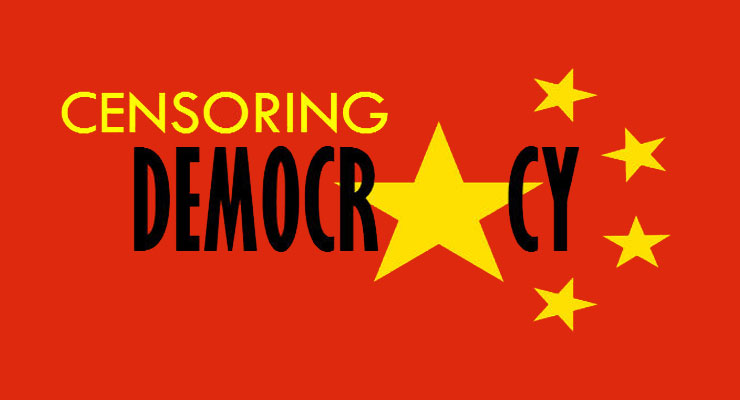
Chinese photographer Lu Guang has gone missing during a visit to China’s Xinjiang province.
Lu’s wife Xu Xiaoli, who is in the United States, set up aTwitteraccount this week to spread information about the disappearance of the award-winning photojournalist, who covers sensitive issues in China, such as pollution, poverty, and AIDS.
Xu said Lu had been missing since Nov. 3 after disappearing during a trip to attend several photography events in China. He was expected to meet a friend in Sichuan on Nov. 5, but failed to appear. Xu says the wife of Lu’s host in Xinjiang said he had been taken away by national security agents.
A friend of the couple, Chinese artist Wu Yuren, told VOA that Xu considered traveling to China to search for her husband. Wu said he managed to talk Xu into staying in the United States to publicize his disappearance.
“We were all very shocked,” Wu told VOA’s Mandarin service. “Ever since we came to the U.S., it’s rare to hear about someone we know disappeared like this.”
Wu said Lu may have fallen prey to media suppression in China. “He thought he had the experience of dealing with this,” Wu said, “But he could not have imagined how bad the situation is now.”
Xu told Radio Free Asia she has been calling officials in Xinjiang in search of word of her husband, but no one has picked up on the phone numbers published online.
Sophie Richardson, China director of Human Rights Watch, told VOA “the Chinese government has a long history of simply taking people whose views it doesn’t like, literally off the grid and disappearing them.”
She continued, “I think every time this happens, authorities diminish their claim that this country is governed by rule of law.”
The Associated Press cites Chinese officials as confirming that Lu and a fellow photographer were taken away by Xinjiang state security agents.
Xinjiang has recently been the subject of international concern, after news reports spread word that China has constructed internment camps there to conduct “re-education” of Muslim Uighurs and other ethnic groups.
A representative for Amnesty International, Patrick Poon, told Radio Free Asia that international concern caused by those reports has influenced the Chinese government to try to shut down information coming from the area.
Lu is the winner of a number of photojournalism awards, including the World Press Photo, a National Geographic Photography grant, and China’s highest domestic photography award. He holds a U.S. “green card” (permission to work in the United States) and in 2005 became the first photographer from China to be invited by the U.S. State Department as a visiting scholar.
VOA Mandarin service contributed to this report.
Leave a Reply